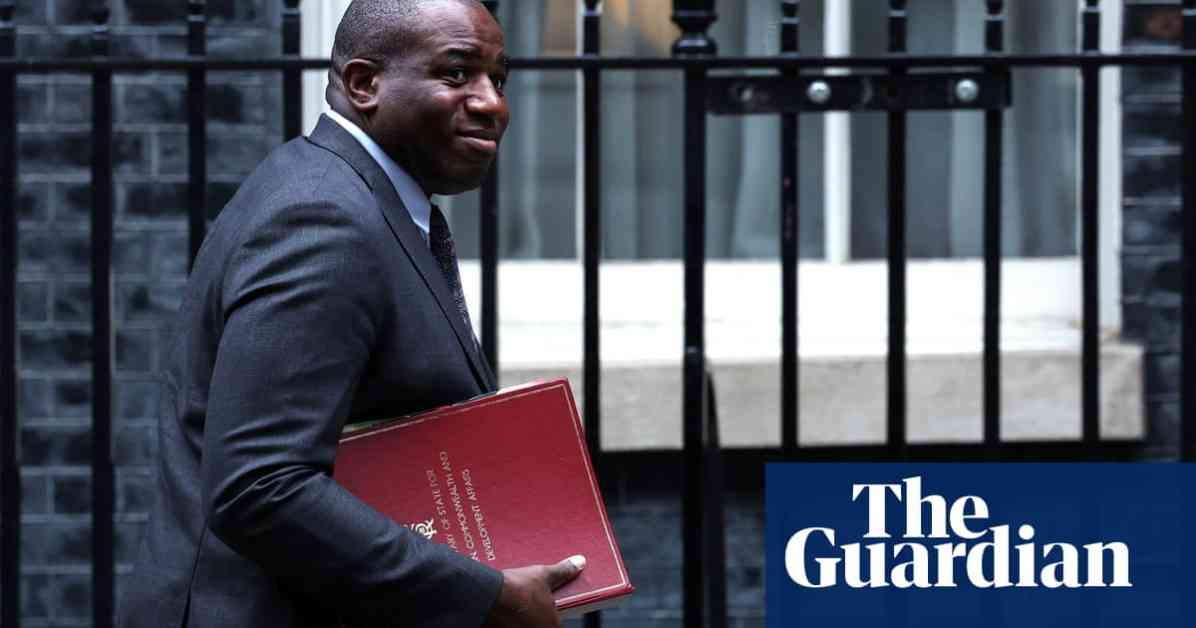Labour has recently made a shift in its stance on China’s treatment of the Uyghurs, stepping back from pushing for formal recognition of genocide. This change comes just before David Lammy’s upcoming trip to China. The British government is focusing on improving engagement and building economic ties with China, which is a significant trading partner worth £110bn annually.
China has been under scrutiny for detaining Uyghurs in camps in Xinjiang, where reports of torture, forced labor, and sexual abuse have surfaced. While the European parliament has passed a resolution condemning China’s actions, Labour has shifted its position on calling it genocide. Previously, Labour supported a motion in the Commons declaring China’s conduct as genocide and urged the government to seek formal recognition through international channels.
Stephen Kinnock, former shadow Asia minister, emphasized the importance of taking legal avenues to address China’s actions, including seeking an advisory opinion from the international court of justice on the genocide question. Despite this, a government source highlighted that the determination of genocide should be left to competent international courts.
David Lammy’s visit to China has been confirmed, and it aligns with the government’s strategy of engaging with China while raising human rights concerns. The UK government has expressed its commitment to standing firm on human rights, especially in Xinjiang, where Uyghurs and other Muslim minorities are being persecuted and detained arbitrarily.
While Labour is adjusting its approach to China, it still aims to work with partners to address human rights violations and hold China accountable. The government is emphasizing the importance of engagement with China for economic growth and cooperation on global challenges like the climate crisis. Additionally, plans are in place for other high-level visits and economic forums to strengthen ties with China.
As Labour navigates its position on China’s actions, it may face internal party challenges but is expected to focus on issues such as Hong Kong, Taiwan, and Xinjiang. The World Uyghur Congress has expressed disappointment in Labour’s shift on seeking genocide recognition, highlighting the distress felt by the Uyghur community.
Overall, the evolving dynamics in UK-China relations reflect a balancing act between economic interests and human rights concerns. Labour’s recalibration of its stance underscores the complexities of engaging with China while addressing human rights violations. The upcoming diplomatic engagements and forums will be crucial in shaping the UK’s approach to China and its treatment of minority groups like the Uyghurs.












